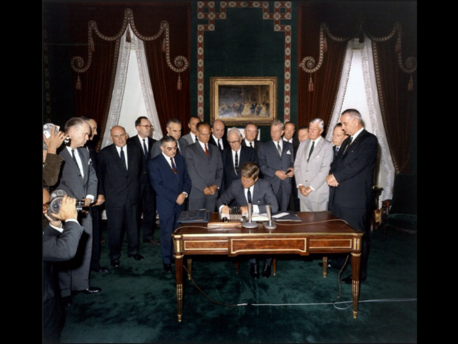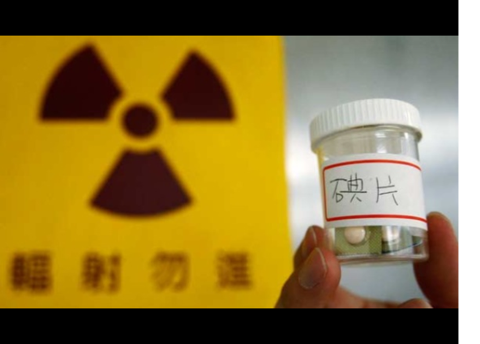Sign up for FlowVella
Sign up with FacebookAlready have an account? Sign in now
By registering you are agreeing to our
Terms of Service
Loading Flow



Regardless of their successes or failures, all international responses to the threat of nuclear proliferation have been induced by fear. When faced by fear, our only need is to survive. This reaction can easily be seen in the Cold War arms race when each side tried to oneup the other in the ability to destroy. The idea behind the response was to scare the other side into stopping or at least into not attacking. Meanwhile, less prominent powers, such as India, China, and Israel, built a nuclear cache of an estimated 300 warheads which experts consider the necessary amount to deter an attack. The idea of keeping a nuclear deterrent for defense is the cornerstone for the argument against disarmament (HuffpostGoodman). Those countries without a deterrent pushed for treaties between the major powers. The Limited and Comprehensive Test Ban Treaties (LTBT and CTBT) forbade nuclear weapons testing in an attempt to ensure against more nuclear players. The Nuclear NonProliferation Treaty (NPT) allows only the P5 (US, USSR/Russia, UK, France, and the PRC) to have nuclear weapons and commits all other signatories to eliminate any of their weapons. The P5 is also obliged to reduce their stashes (AIP), yet they continue to maintain them. The problems are that very few states have signed the NPT and that those states have no binding power whatsoever. Still, international bodies fought these violations with arguably successful sanctions (DoDSearch;DoDnpr).To round out the look at response, the Japanese case is incredibly important. Only a few weeks ago, the US removed much of Japan’s enriched uranium for fear that Japan and its new proactive government could develop nuclear weapons very quickly. This incident requires Japan to cut back on nuclear power, research, and engineering or find new uranium (HuffpostWolfsthal; AIP;). These problems are evidence that nuclear fear hurts civilians too.